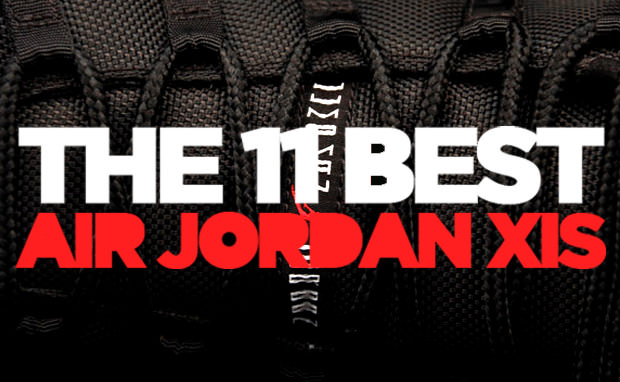This post may contain affiliate links. Please read our disclosure policy.
While the artistic properties displayed on the upper of a shoe tend to capture the eye and cater to consumption, it’s often the cushioning that wins over the wearer. Over the years, the major players in footwear have delivered innovation in said category as an effort to protect feet and push performance benefits. Focusing on the game changers and the time tested techs, we take a look back at the biggest breakthroughs in cushioning.
Encapsulated Air
Brand: Nike
Run: 1979
Adaptations: Air Max, Zoom Air
Notable Models: Nike Air Tailwind, Nike Air Force 1, Air Jordan 1
Nike Air launched in 1979 with Air Tailwind but came to fame on the basketball court four years later with the Air Force 1 model. The original Air Force 1 advertisement spotlighted the midsole as providing “30% more cushioning” while reducing impact on muscles and joints as well as fatigue. Since its inception, the cushioning technology has lasted the test of time and become synonymous with the brand. While “Air” has extended itself to athletes and other iterations over the years, Nike’s “encapsulated air” is actually pressurized gas encapsulated in polyurethane. Such technology led to the breakthrough of Visible Air five years later and Zoom Air, which technically speaking is still encapsulated air.
GEL
image via iinfodailyBrand: ASICS
Run: 1986-Current
Notable Models: ASICS Gel Lyte III, ASICS Gel Saga, ASICS GT-II
ASICS GEL cushioning is designed to protect the foot from athletic rigors by absorbing impact. The up and down impact created by running, jumping, or walking is dispersed horizontally over the GEL system in the forefoot and/or midfoot. Since launching in 1986, ASICS GEL cushioning has been a constant on both retro and performance runners alike, with its comfort being a calling card in casual and competitive realms.




